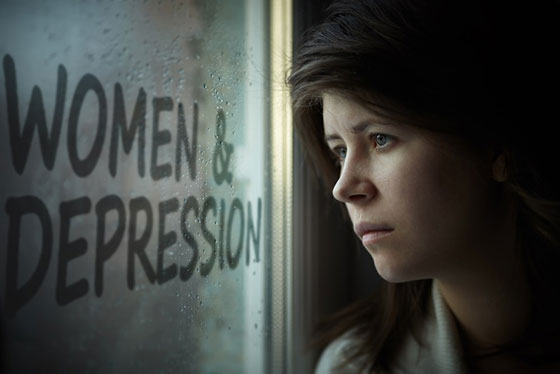Sexual harassment at work ups risk of anxiety, depression in women
Women who experience sexual harassment at work are more likely to suffer from anxiety, depression, eating disorders and post traumatic stress disorder (PTSD).

Washington: A study has recently revealed that women who experience sexual harassment at work are more likely to suffer from anxiety, depression, eating disorders and post traumatic stress disorder (PTSD).
Also Read: Bisexual women face higher rates of sexual violence
The study also found that in order to cope with the situation, these female victims also resort to drink and drugs. The findings suggested that although most victims are women, still the number of complaints by men have risen by more than 15 percent in just 15 years.

However, the results also found that male victims do not find their experiences as anxiety-provoking as females and nor do they see it as bothersome, stressful or upsetting as females.
Also Read |
COVID-19 deepens depression, anxiety among pregnant, postpartum women
Also Read: Eat more green leafy vegetables, fruits to live longer
Study author Professor James Campbell Quick from the University of Texas in Austin, United States said that the evidence continue to suggest that the female victims may experience negative mood, eating disorders, drug and alcohol abuse as well as work turnover intentions, long term anxiety, job stress and or burnout.

In a recent survey of 2,000 Britons, the team found that one in five women - and seven percent of men - stated that they have been victims of sexual harassment in the workplace. For the data analysed, they found the total number of complaints actually fell 28.5 percent from 1997 to 2011.
Also Read: Handful of walnuts daily cuts risk of asthma
Also Read |
Depressed and fatigued women more prone to injuries at work
Quick stated that an interesting finding of the study is that the percentage of charges filed by males increased 15.3 per cent; yet, women continue to file the majority of complaints. Furthermore, the results also found that men in the military are 10 times more likely to experience sexual harassment than civilian peers. But approximately 81 percent of victims do not report it.

The researchers suggested that the organisations need to be proactive in establishing policies prohibiting sexual harassment, raising employee awareness, establishing reporting procedures and educating employees about these policies. (ANI)
 Dynamite News
Dynamite News 